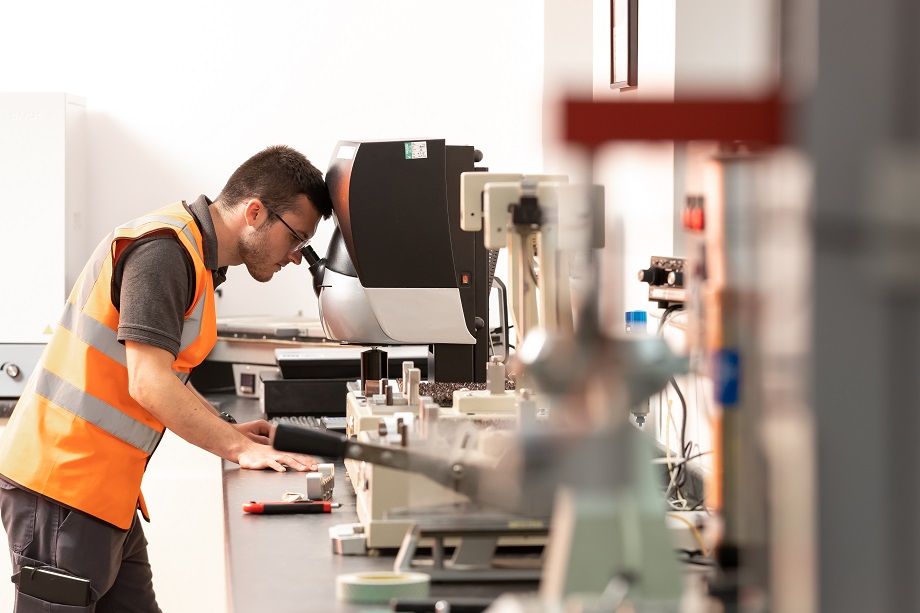What is Recyclability and what are the Benefits?
What is the Difference between Recycling and Recyclability?
Recyclability is a crucial aspect of packaging design, referring to the ease with which a material or product can be recycled. This concept differs from recycling, which involves the act of converting waste into new materials.
Factors that can impact recyclability include low fibre content, coatings and barriers, inks, varnishes, adhesives, and more. Designing for recyclability is essential in creating a circular economy and has gained significant importance in recent years as businesses and consumers alike strive for sustainable practices.
The Benefits of Recyclability for Packaging Manufacturers

- Environmental Responsibility: Enhancing recyclability reduces waste, promotes the conservation of natural resources, and minimises the environmental impact of production.
- Regulatory Compliance: Packaging manufacturers are facing legislative pressures, including PPWR, EPR, and Green Claims to produce recyclable packaging by 2030. So, with growing environmental regulations, manufacturers must ensure their packaging meets recyclability standards.
- Lower production costs: Less recyclable packaging will face higher producer fees when being placed on the market, and from 2035 are likely to be banned completely. Packaging manufacturers can keep costs down by ensuring their products are recyclable from the get-go.
- Competitive Advantage: Eco-conscious consumers are demanding more recyclable packaging with 22% of online shoppers saying they would stop ordering from a company if the packaging was not recyclable or difficult to recycle. A higher recyclability score can be a strong selling point for manufacturers to differentiate their products and meet consumer expectations.
How to tell if my Packaging is Recyclable

To help manufacturers identify their packaging’s recyclability, DS Smith offers the Recyclability Evaluation Service (RES). This service, based in our state-of-the-art laboratory in Kemsley, evaluates a sample of your packaging to determine how recyclable it could be in standard paper mills across Europe.
You will receive a detailed report from our recycling and packaging experts summarising the findings, along with a recyclability score that highlights areas for improvement.
Key features of this service include:
- Expert Analysis: The service leverages our extensive knowledge and experience in packaging design and recycling
- Actionable Insights: The final report provides practical guidance on improving recyclability, addressing factors such as material composition and product design
- State-of-the-art methodologies: Our approach is grounded in industry leading methodologies, including the CEPI Harmonised Test Methodology and the 4evergreen Recyclability Evaluation Protocol.
Why Recyclability is Vital for a Sustainable Future
By prioritising recyclability, packaging manufacturers can play a pivotal role in building a sustainable future. Our Recyclability Evaluation Service (RES) empowers businesses to take this leap, enabling them to reduce their environmental footprint, meet sustainability targets, and cater to the growing demand for eco-friendly products.
At DS Smith, we recognise the importance of recyclability and are committed to sustainability, innovation, and packaging solutions. RES aims to help businesses meet the demands of evolving legislation and changing customer expectations.
DS Smith's expertise in both recycling and producing packaging gives us a unique perspective on the practical improvements that can be made to ensure recyclability. By partnering with us, you can benefit from our insights and test results.
